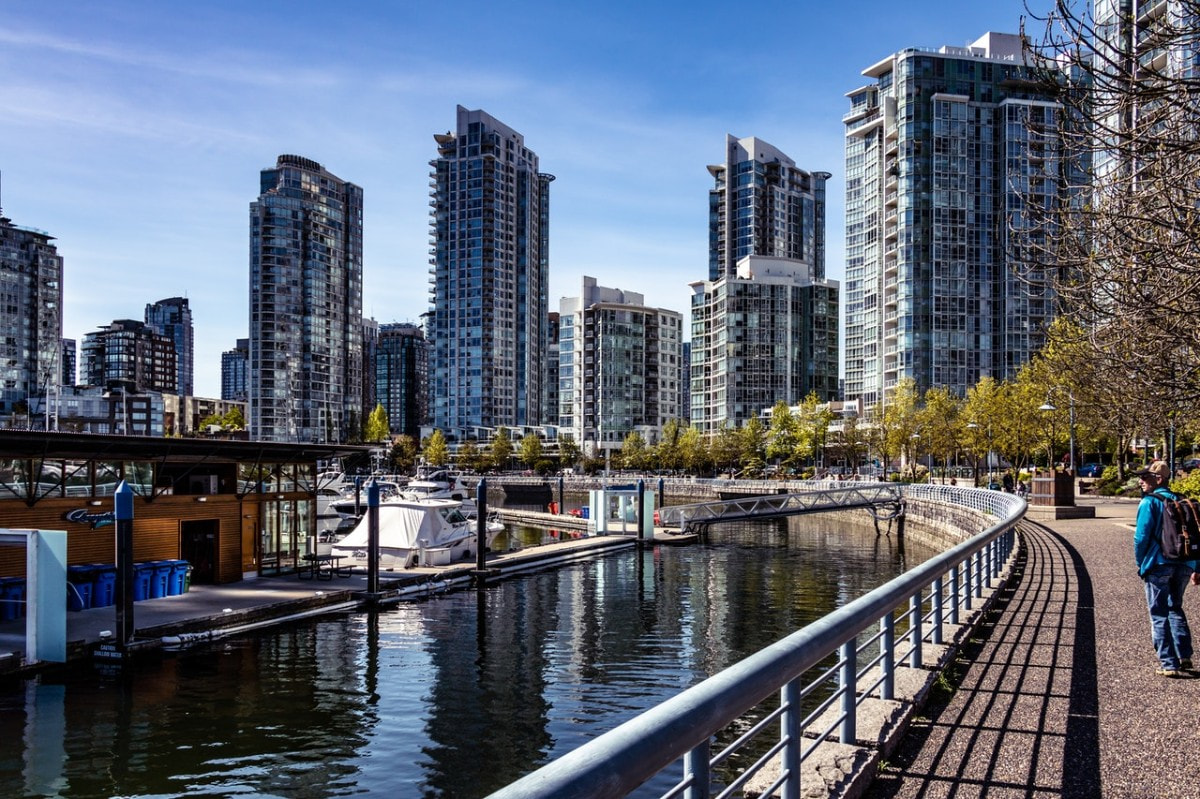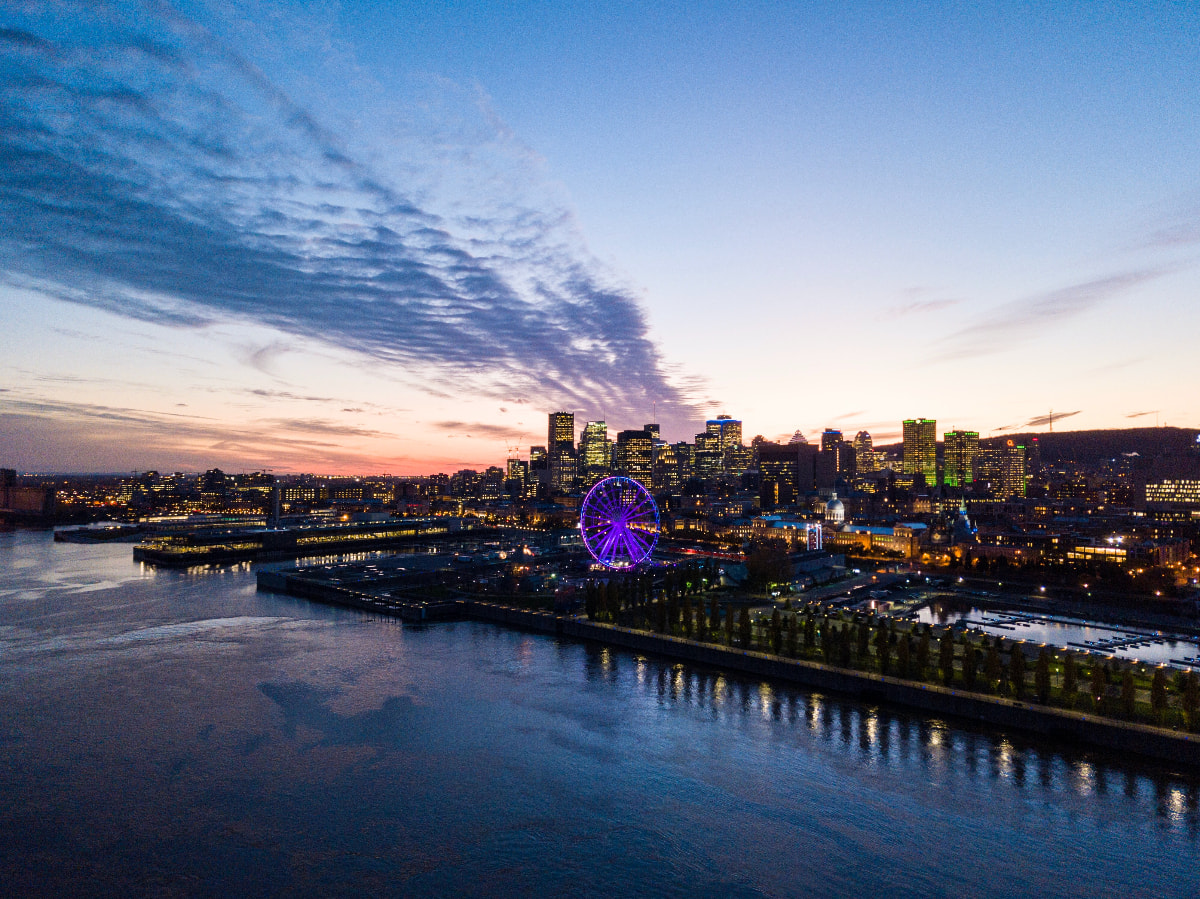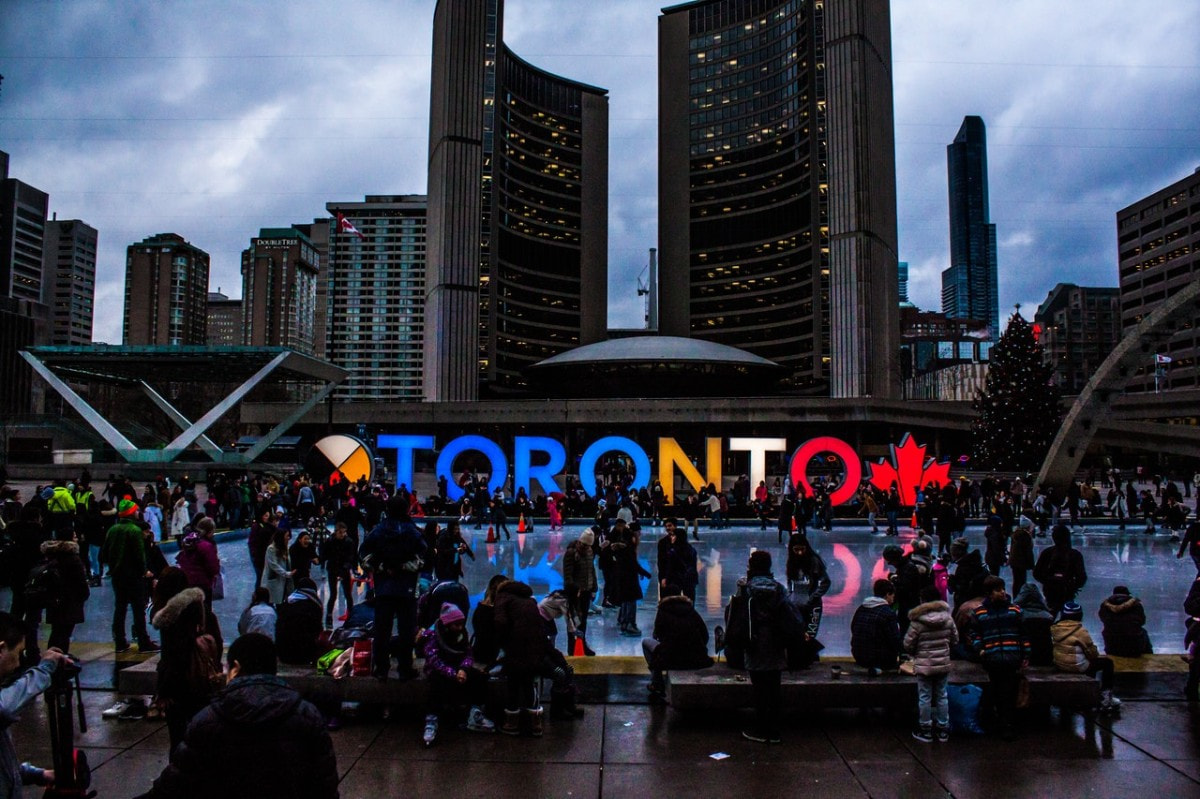Downtown Living
What would you say if you were asked how likely would you be to accept living in the city, on a scale of 1 to 5? Would you choose 2 or would you choose 5? The truth is that there are numerous factors to consider in order to provide a truthful answer to this question. In this article, we will outline in a fair manner the advantages and downsides of living in the city centre. This will certainly guide you to a more informed opinion on the subject.

The strengths of downtown living
Undeniably, the phenomenon of rural exodus has gradually increased over the past few decades. This can be explained by the access to better living and working conditions in urban areas. For example, if you choose to rent a condo in downtown Montreal here is a list of some of the advantages:
- an abundance of activities;
- proximity to services;
- low transportation costs;
- the wide range of real estate choices;
- the availability of many municipal services.

The proximity of services
An environment where it is really easy to meet these needs is better appreciated by the average person. This is one of the reasons why living in the city centre is widely preferred.
To be sure, everything is usually within walking distance, from grocery shops, shopping and restaurants to enjoying lively entertainment at will when you live downtown. Not only are these services within walking distance of homes, but there is also such a wide variety available. For example, by living in downtown Ottawa, you can enjoy endless entertainment by going to public places (bars, stadiums, shopping centers, etc.) without any access issues.
Transportation costs and reducing the ecological footprint
Downtown living really nurtures its citizens. Because of the proximity of various services, businesses and administrative offices, the cost of transportation is greatly reduced. Whether you need to ride the metro or buy gas for your car or motorbike, the final tally of expenses is better compared to living in a rural area.
Furthermore, using public transport reduces your ecological footprint so you are contributing to the green movement! In fact, you probably won’t even need a car, as getting around on public transport is much easier. Traffic and parking can be a real headache.
More facilities and real estate choices
There’s no denying that in the city centre you’ll generally find more services in many different fields. If you’re a sports fan, there are sports centres, soccer fields, specialised centres, etc. If you are a culture buff, theatres, cinemas, museums and much more are usually close by. In short, there are plenty of choices.

In urban centres there are also many real estate projects. This gives buyers access to a wider variety of properties. If you are looking to live in the city centre, you will have a better chance of finding a home that suits your needs. However, there will be many more condos to choose from than houses due to population density.
The downsides of living downtown
Like anything else, living downtown might not always be to your advantage. There are a few hurdles to living downtown that must be overcome once you’ve settled in.
A noisy environment
Choosing to live in a central district means accepting that possible noise during the day (traffic, construction, night-time activities, etc.) will have to be tolerated. In fact, it never gets late in the city centre; there is no end to the activity, it goes on day and night. As they say, you don’t get the same kind of "peace and quiet" that is found in the suburbs.
Property prices
It is important to know that although there is a wide variety of properties in urban centres, many people cannot afford them, as real estate here is expensive. The location of apartments, their different attractions alongside the various amenities, as well as their surroundings (e.g. within a historic district) increase the financial value per square metre. There are mostly condos, naturally very well located, but at a much higher price than the average, as can be seen, for example, in Toronto.
Very limited or no private outdoor areas
Downtown population density is very high, which does not leave much room to allocate outdoor lots to residents. If you like to have a nice backyard of your own, downtown living should not be your first option based on these criteria. However, many properties do have balconies or outdoor spaces shared with the building’s residents. Otherwise, there are a wide variety of parks that can satisfy that need to be outside.
So there you have a quick summary of downtown living. Would you still like to move there? You can take a look at the properties in the different city centres on Vistoo, and maybe find your perfect home!
